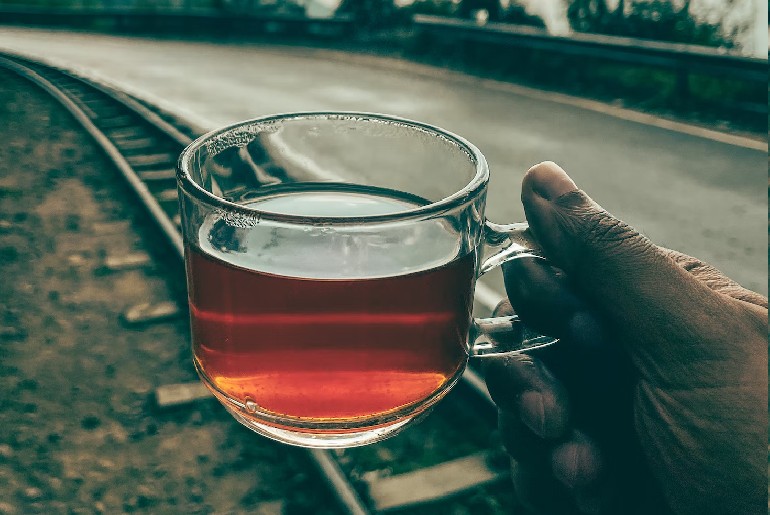Are you a true blue chai addict? Do you need a cup of tea every morning to wake up from bed? Then it’s time to change your habit ASAP. Bed tea can lead to numerous health issues like metabolism disorder, acidity, bloating and dehydration. Also, having tea before brushing your teeth is not good for your oral health. If you’re having multiple problems in your body and you’re unable to identify the root cause, maybe you should stop taking tea on empty stomach immediately. Here are 5 worst side effects of tea that you must know:
1. Digestive Problems
Drinking too much tea can lead to digestive problems. Two cups of tea a day is fine. But consuming it in excessive quantities can increase the levels of Theophylline in the body which in turn can cause constipation.
2. Sleeping Disorder
The high caffeine content in tea can affect your sleeping cycle. You might be going to sleep late at night and wake up early the next morning with a strong cup of tea. On that note, there are certain caffeine-free teas like lavender tea and chamomile tea that can actually boost your sleeping cycle if taken during bedtime. Otherwise, caffeine might affect melatonin production in the body causing sleep disorders.

3. Anxiety Issues
Over intake of caffeine leads to acute anxiety issues. You might feel overwhelmed and instantly feel like having a cup of tea. But wait. Maybe your anxiety levels are scaling up as you aren’t keeping count on the cups of tea you’re grabbing daily.
4. Nausea
If you keep consuming too much tea daily, after a certain point of time, you might start feeling nauseous. You could also get cramps in the stomach.

5. Complicated Pregnancy
If a pregnant woman consumes excessive tea, she might face health complications. According to healthline, a daily caffeine intake of 200–300 mg is considered comparatively safer.
First Published: August 23, 2022 6:52 PM



